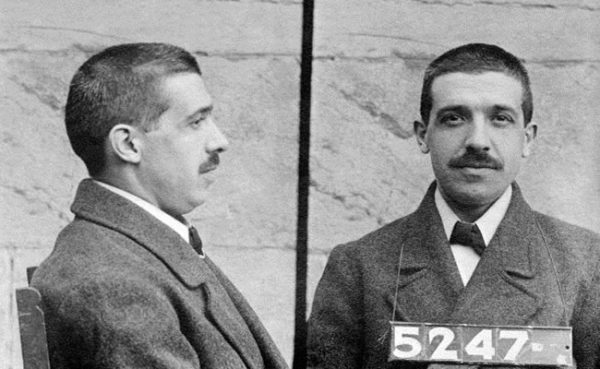Blog

WE OFFER AN OUNCE OF PREVENTION
Make a Wage Audit a Priority
California employers can be in for a rude awakening on discovery they are not fully compliant with the Labor Code. Devastating results can occur when not-so-friendly state or federal investigators come knocking.

WHAT’S NEW IN 2024
SACRAMENTO LOVE LETTER
Mandatory Non-Compete Notices Due February 14, 2024
As previously covered, California has tightened the noose on noncompete clauses that could restrain employees from engaging in lawful professions, trades, or businesses.

PAGA MONSTER GROWS MORE LEGS
Best Protection Against Potentially Devastating Group Labor Claims is … Prevention
While there have been a few employer-favored developments, claims under California’s 2004 Private Attorneys General Act (PAGA) continue to rise, permitting a single worker to seek Labor Code penalties on behalf of a company’s entire payroll.

WHAT’S NEW IN 2024
“LONG-COVID”
REHIRING REVERB
Hospitality Employers Must Give COVID-Laid Off Workers Priority
A vestige of the pandemic, California hospitality workers laid off due to COVID have continuing and dramatically expanded comeback rights under SB 723. See: What’s New in 2024: Extended Comeback Rights: Hospitality Workers to Receive Longer Rehire Protection (November 10, 2023). Such rights extend not only to workers formerly employed by hotels, clubs, event centers, and airport-related hospitality providers, but also to janitorial and security guard companies.

CAUTIONARY TALE EPISODE 76
GIVE PEEPS A CHANCE
Civil Rights Department Sues Ralphs For Violating Fair Chance Act
The Fair Chance Act, California Government Code 12952 (also known as Ban-the-Box), prohibits employers of five or more people from asking for criminal background information until after a conditional job offer to an applicant. It also requires individual assessments of a person’s criminal record against job description and allowing the person a chance to respond to any employer decisions based on criminal history.

WHAT’S NEW IN 2024
FAR OUT, MAN
Cannabis Users Discrimination Protections
Protected classifications, or classes, in California include race, color, ancestry, national origin, religion, creed, age (40 and over), mental and physical disabilities, sex, gender …

WHAT’S NEW IN 2024
1.5 Cents Increase, Annual IRS Standard Mileage Rate
The Internal Revenue Service has announced its 2024 optional standard mileage reimbursement rate for employee business use of a personal vehicle, effective January 1, 2024, up from 65.5 to 67 cents/mile.

NOW, MORE THAN EVER
Inspired by a Great Friend, Helping Global Cares in Liberia, West Africa
In the memory of a dear friend Jan Silber, who recently passed, I am prompted to redouble our African outreach. Though she was never able to come to Liberia, Jan loved and generously supported our work with the Global Cares Academy and Orphanage.

CAUTIONARY TALE EPISODE 75
MAIS NO, CHEAPO
French Restaurant Accused of Tip Theft
The federal Department of Labor (DOL) is suing Mathias Wakrat and Jean-Christophe Febbrari, owners of Entre Nous French Bistro in Old Town Pasadena, for keeping hundreds of thousands of dollars in cash and credit card tips intended for their staff to cover the restaurant’s business expenses. DOL investigation also found Entre Nous misclassified some employees as independent contractors and failed to keep proper pay records.

CAUTIONARY TALE EPISODE 74
$5.5M TO SETTLE WAGE THEFT CLAIM
Elderly Care Provider Fought Underpayment Citations for Five Years
The Labor Commissioner targets industries where “wage theft” — any failure to legally and timely pay required wages, including paid sick leave and premium pay for missed breaks — is prevalent.
One such industry is board and care i.e., residential facilities housing elderly or disabled people in need of living assistance. There are 8,100 such RCFEs in California.
